Movie Review – No Time To Die
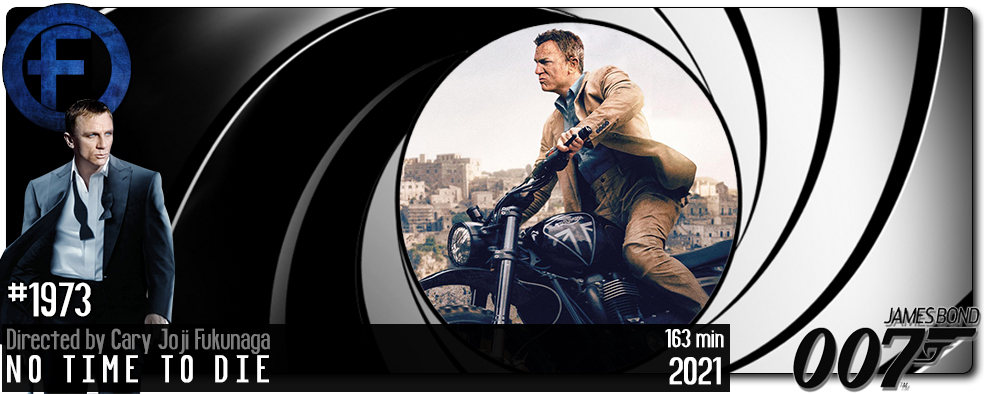
Principal Cast : Daniel Craig, Lea Seydoux, Rami Malek, Lashana Lynch, Ben Wishaw, Naomie Harris, Jeffrey Wright, Christoph Waltz, Ralph Fiennes, Billy Magnussen, Ana de Armas, David Dencik, Rory Kinnear, Dali Benssalah, Lisa-Dorah Sonnet.
Synopsis: James Bond has left active service. His peace is short-lived when Felix Leiter, an old friend from the CIA, turns up asking for help, leading Bond onto the trail of a mysterious villain armed with dangerous new technology.
********
Delayed numerous times due to the global Covid-19 pandemic, Daniel Craig’s fifth and final outing as British superspy James Bond, No Time To Die, finally debuted in the last quarter of 2021 to solid reviews and incredibly decent box-office. The films as originally due to release in 2019, was then postponed to February and then April of 2020 (when original directorial choice Danny Boyle chose to leave the project over “creative differences”), before the onset of the pandemic saw MGM push the release to November 2020, nearly a full year later. As it neared that date, the film was again pushed to early 2021, before the studio began to pursue a late 2021 release as the global response to Covid saw cinemas unable to fully open to the general public. The question is: was No Time To Die worth the wait? Is Craig’s grand finale a suitable conclusion to a story arc which began with Casino Royale in 2006, and almost collapsed in the mediocrity of 2015’s Spectre?
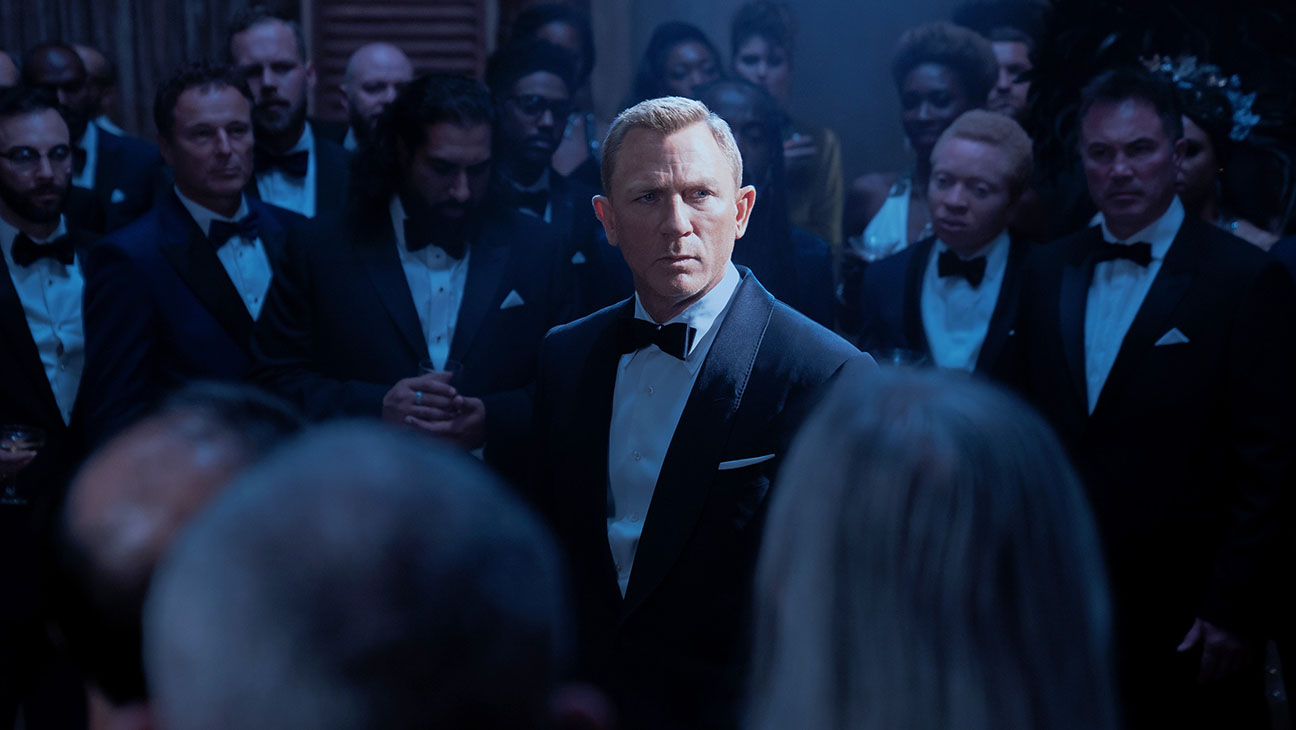
After visiting the tomb of his former lover Vesper Lynd, returned MI6 agent James Bond (Daniel Craig – Knives Out) is nearly killed by an explosion caused by henchmen of SPECTRE, the criminal organisation led by the evil Bloefeld (Christoph Waltz – Inglourious Basterds). Bond refutes the claims of his current partner, Dr Madeline Swann (Lea Seydoux – Blue Is The Warmest Color), that she has nothing to do with it, but one of SPECTRE’s agents, Primo (Dali Benssalah) claims she will reveal a secret. Five years later, after abandoning Swan and finding solace in solitude, Bond is contacted by his CIA friend Felix Leiter (Jeffrey Wright – Westworld) regarding the location of a secret bioweapon, codenamed Project Heracles by the British Government after it is stolen from a secret black site laboratory. Bond locates a SPECTRE part in Cuba but before he can do anything, a mysterious genetically coded gas obliterates all the remaining organisation leaders, effectively destroying it. However, the weapon remains at large, thanks to scientist Valdo Obruchev (David Dencik), who is working for the mysterious Lyutsifer Safin (Rami Malek – Bohemian Rhapsody), whose hidden link to Dr Swann will see Bond and his former love-interest rekindle their romance whilst trying to thwart Safin’s plan to destroy the world from his hidden island base.
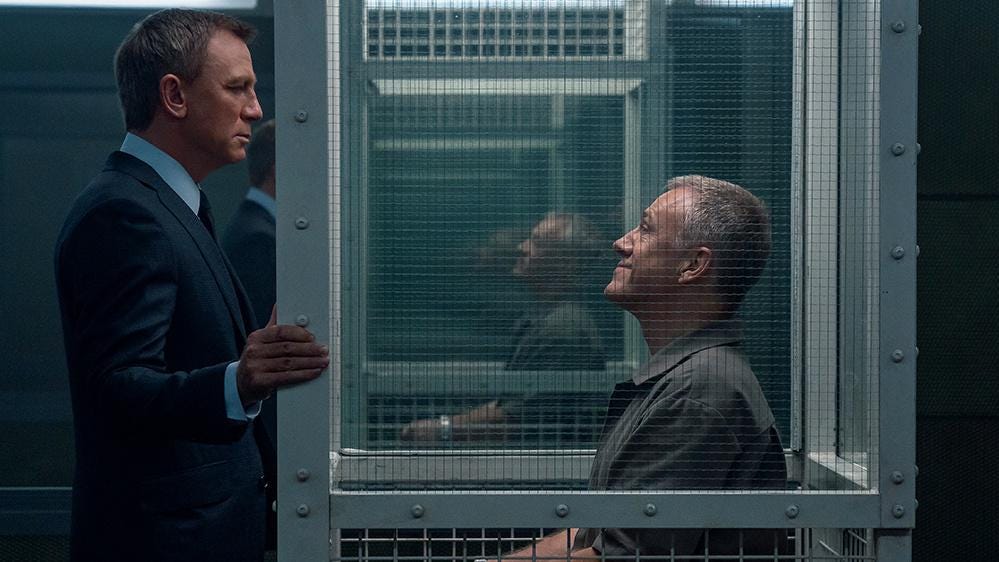
Clocking in at a bladder-testing two-and-a-half-plus hours, Daniel Craig’s swansong as Bond is an endurance test not only for the character but the audience. Threaded throughout the film is a considerable sense of nostalgia to Craig’s entire run, not in the least the most casual of offings of the looming spectre (ha) of one of the franchise’s most storied villain groups, SPECTRE, the entirety of which is slaughtered simply to give a sense of menace to the film’s real antagonist, Rami Malik’s underwhelming Safin. While boasting inestimable class in front of and behind the camera, No Time To Die suffers from trying to tie off loose strings from the previous instalments – an opening sequence harkens to Bond’s love of Vesper Lynd (a brief photographic cameo by Eva Green) – and it mostly fails to do so in a manner compelling enough to sustain such bloat. It transforms Bond from the sociopathic superspy Craig has essayed for the four previous films into a doe-eyed romantic, hopelessly despairing his lack of personal relationships until his reunification with Lea Seydoux’ Madeline Swann (arguably the most interesting aspect of Spectre, and the least interesting aspect of No Time To Die…) sees the introduction of one of the franchise’s worst plot twists: Bond has a kid.
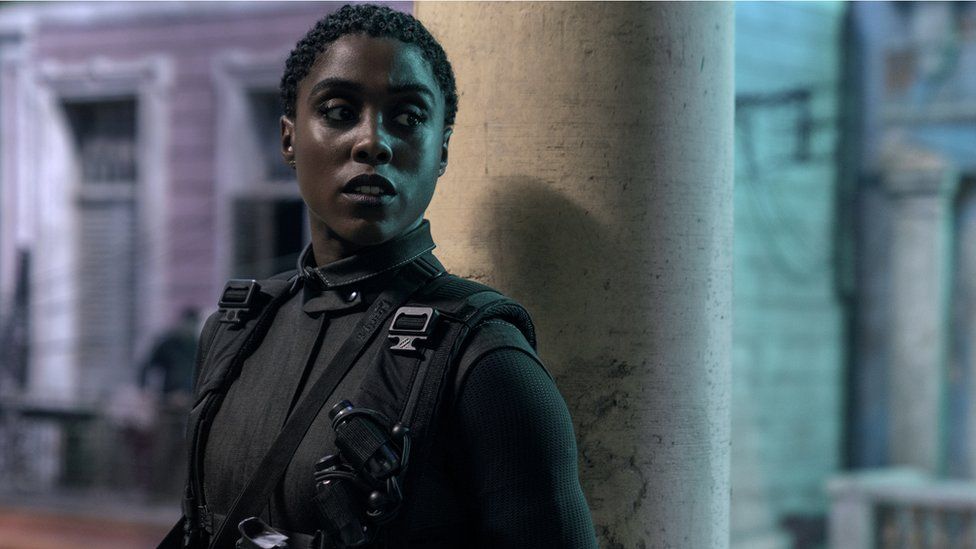
Written by long-time franchise scripters Neal Purvis and Robert Wade, together with influences of director Cary Fukunaga and co-writer Phoebe Waller-Bridge, they take Bond from the beautiful Bahamas and have him ingratiate himself across multiple global destinations as far flung as Norway, Cuba and eventually some weird hitherto hidden Japanese island, trying to imbue his hard-bitten countenance with some kind of begrudging humanity as the character takes his final bow against near-impossible odds. The film’s McGuffin, a nanobot virus with the potential to wipe out billions, might seem like some highly fanciful fiction but the film delivers the device’s devastation almost continually as a near-future reality, with even the normally affable Ralph Fiennes delivering some of the more sombre exposition underscored by how susceptible humanity is to its own destruction. That No Time To Die is both a perfect representation of the Daniel Craig era and the least accessible Bond film in quite some time augurs sympathy for some, but for me I found the film a tight-fisted and frustrating experience. I can see why the producers felt they needed to tie off Craig’s era with such perfunctory and insatiable melancholy – the whole film feels like one giant sob over what the franchise missed in the last fifteen years – but in doing so with such dourness, such utilitarian indifference to the character, I felt it did Bond, Craig and us a massive disservice. It’s hard to suggest that a near three-hour Bondfest could land with such unsophisticated mediocrity, but No Time To Die does just that.
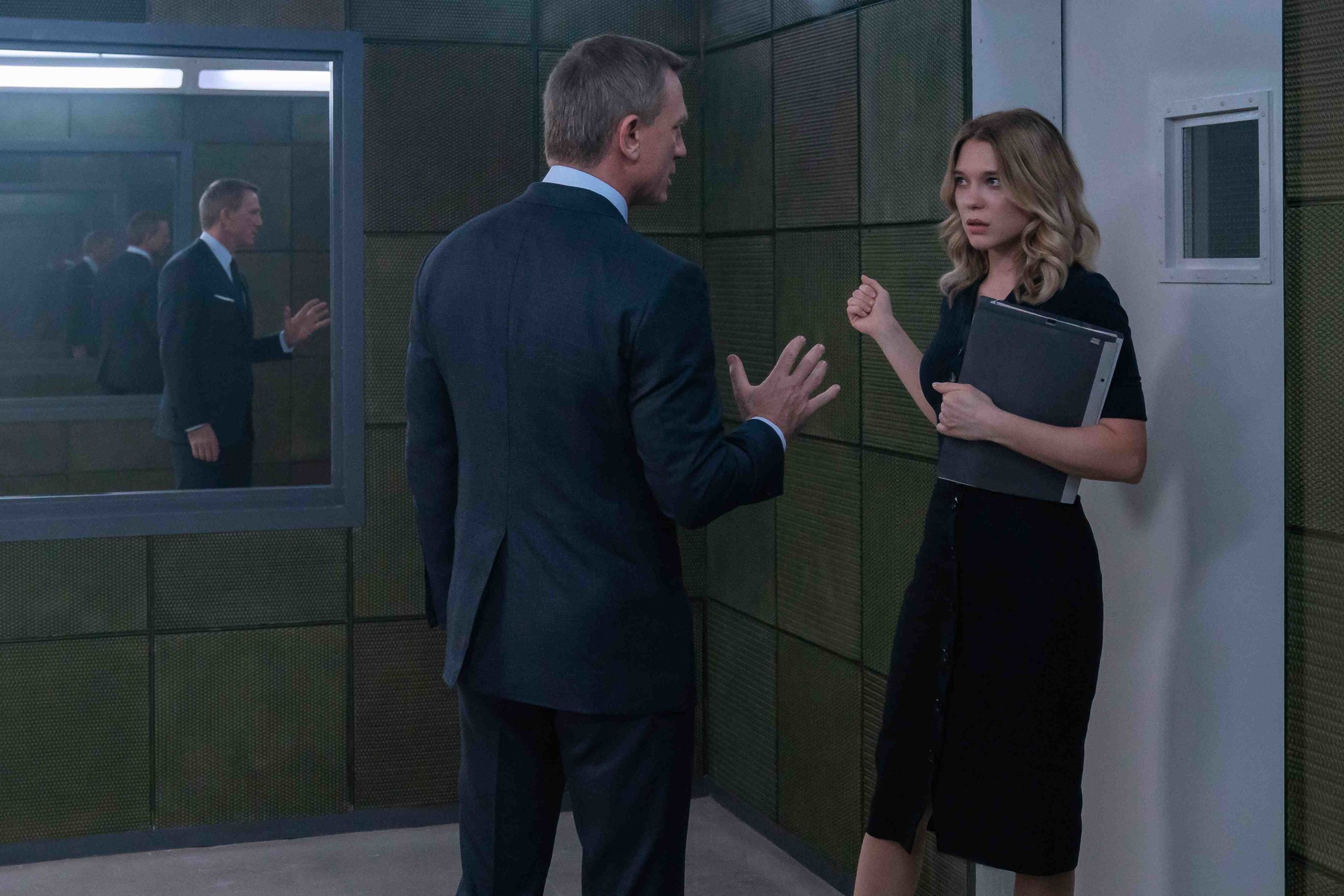
It’s not as if the cast weren’t all gamely trying. Craig, as Bond, fits the character like a glove, and he plays his part to perfection despite my misgivings about where they took the character. Recurring Craig-era players Jeffrey Wright, Ben Wishaw, Naomie Harris, Rory Kinnear and Ralph Fiennes all do solid time eking out serviceable character arcs with the limited material they’re afforded (hard to believe Naomie Harris’ Moneypenny is given about three workable lines of dialogue after having far substantive form in previous instalments), while Christoph Waltz, as Bloefeld looking more like Hannibal Lecter, plays it up handsomely against Craig’s bludgeoning workmanship. Newcomers Billy Magnusson, as a CIA agent sent to work with Wright’s Felix Leiter, and a surprisingly bright Ana de Armas as another CIA Agent assisting Bond in infiltrating the SPECTRE base of operations in Cuba, as well as Lashana Lynch as the new 007, Nomi, get variously small chances to influence the larger story but, aside from Armas, are intermittently unmemorable and occasionally more annoying, while poor Lea Seydoux is reduced to “teary romantic interest with no practicable reason to be included” tropes and, in a marked difference to Spectre, has almost no on-screen chemistry with Daniel Craig at all. This last sentiment is crucial to the film’s failing as either an action-romance or a half-cooked melodrama, for its the attraction Bond has to some sense of normalcy, a traditional white-picket-fence lifestyle, that makes the climactic final curtain misfire so badly when the motivation for his sacrifice is poor.
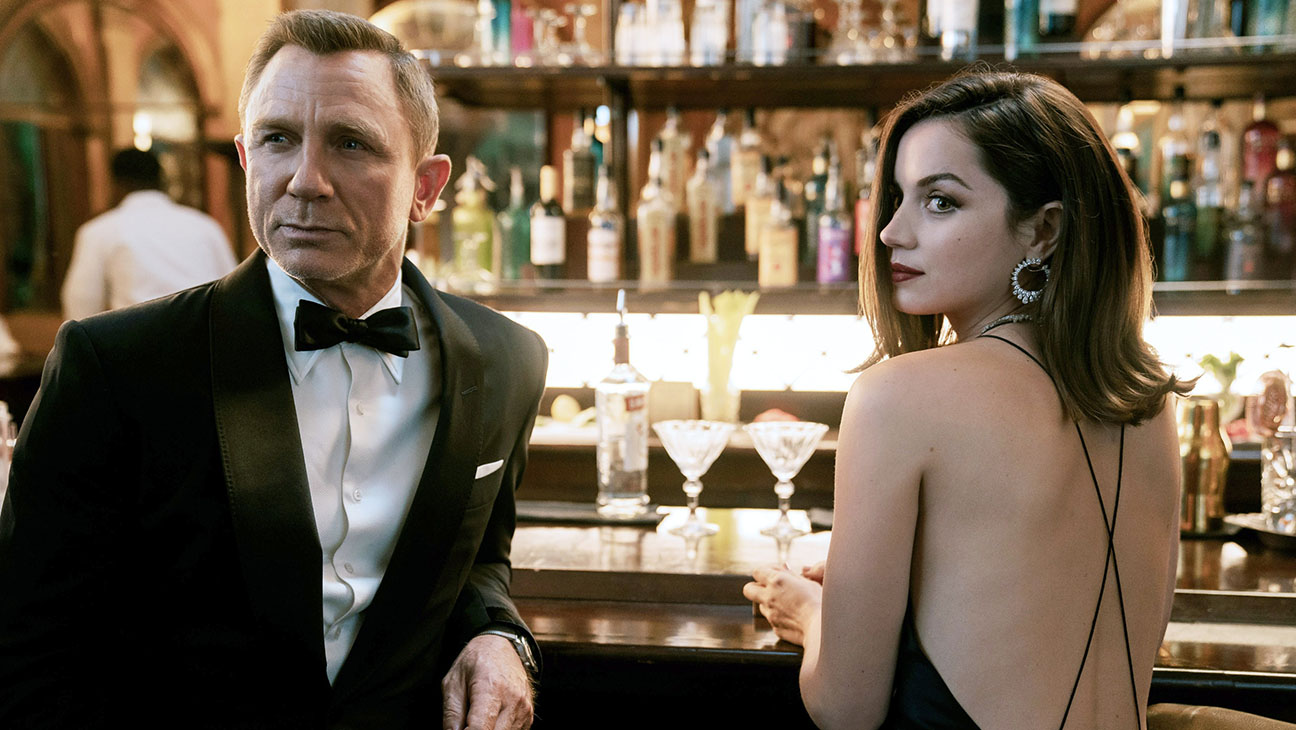
It’s also hard to escape how diabolically written and underserved Rami Malek’s Safin is; Safin is yet another background historical never-before-seen in-the-shadows menace Bond must face up to, portrayed as the ultimate puppet-master but reduced to laughably dire exposition, motivation and performance. Malek is no slouch in acting, not at all, but his version of Safin plays like some before-the-titles cold open villain in a low-budget TV espionage drama, and at times I felt like laughing out loud. Preposterous villainy works when delivered in a certain way – take Javier Bardem’s Silva from Skyfall, arguably the silliest of possible Bad Guys but played supremely by a top-tier actor, thanks to writing of a calibre missing in No Time To Die. Safin is given similar gravitas by Malek, and he’s augmented by a weird skin condition that’s never explained, but the construction of Safin as the deus ex machina of Craig’s Bond era sits uneasy, a character designed before he was written, and failing to manifest with the sense of purpose required to execute the mission.
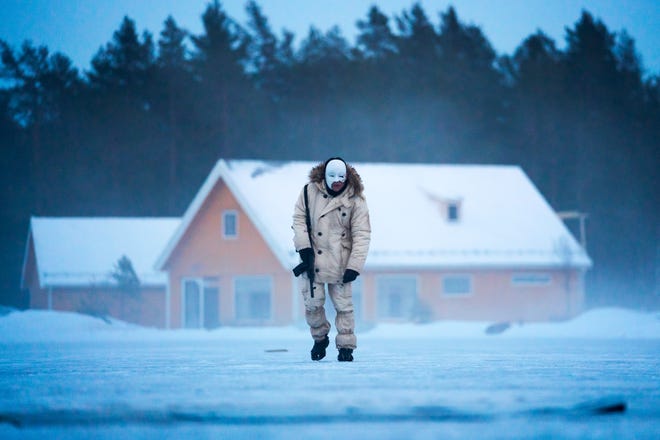
As always, the film’s action sequences represent the very highest of quality expected from the James Bond franchise. Although never able to eclipse the famous parkour opening from Casino Royale, or match the visceral adrenaline of Quantum Of Solace, or even the brutal realism of Skyfall, No Time To Die boasts a couple of jaw-dropping action sequences that deliver fingernail-testing thrills. The much marketed sequence involving Bond, Swann and the inclusion of the Aston Martin DB5, in which the fabled franchise icon takes an absolute pounding, is too short-lived and suffers from a plethora of artificially enhanced CG sequences, while the Cuban-set SPECTRE rout, in which the stunning Ana de Armas makes her all-too-brief appearance, is dynamic and manic but shrouded in darkness; a weird Norwegian forest chase sequence feels too similar to Skyfall’s moorland climax without the emotional counterweight, and the film’s finale, set upon a mysterious Japanese island and involving an old WWII fortress (which, TBH, looks like every FPS game you’ve played on the X-Box) just seems interminable. The action is definitely well filmed – Cary Fukunaga even deploys the old one-shot action sequence on Safin’s magical island, following Bond as he takes out a legion of faceless, mask-wearing henchmen drizzling over a pool of acid and an oncoming storm of unsanctioned British military firepower; diverting and engaging, sure, but too late in the game to elevate the movie.
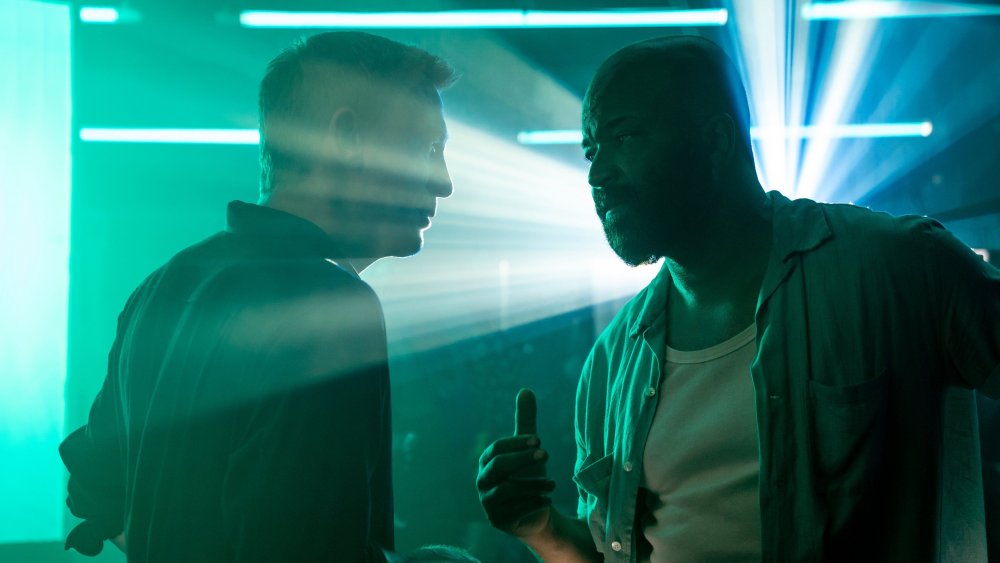
Overwrought, overlong and unsatisfying, Daniel Craig’s final outing as James Bond is a protracted paternity test, trying to humanise the inhuman Bond and missing the target entirely. There are some moments of comedy to dilute the sour lemon-squeeze the script seems hell-bent on delivering – Lashana Lynch’s constant reference to her character’s 007 status is tiresome after the third go – but at its heart this film’s dissertation of family, of love and finding yourself, is inadequate. It’s a formula I sincerely hope they cast aside with wherever they take Bond next: it might help to revive the one-shot films in which each new outing is mission-based rather than character based. No Time To Die closes the book on Daniel Craig’s run as Bond with a melancholy, brooding, sad film of loss and missed opportunity. I’m glad the film exists, because it means we never have to go through this again. I’ll likely rewatch it simply for the joy of seeing Daniel Craig try to look vaguely interested for the final time, but in truth, given the delays afforded this film I’m enormously surprised it didn’t turn out to be a better movie.
